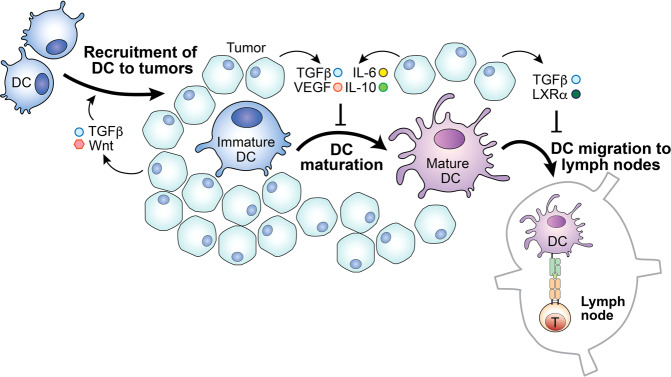Fig. 2. The tumor microenvironment alters dendritic cell function.
The tumor microenvironment (TME) may inhibit dendritic cell (DC) functions, abrogating DCs’ ability to promote T cell responses. Tumor cells often upregulate the expression of CD47, which may inhibit DC presentation of antigens to T cells. In addition, the accumulated lipid and metabolites within the TME exhibit similar negative effects on DC antigen presentation. Moreover, the elevated concentrations of TGF-β and Wnt, as well as LXRα, promote DC migration to the tumor but block migration to the lymph nodes. Furthermore, the TME is rich in cytokines IL-6, IL-10, and TGF-β, as well as tumor-derived VEGF. These molecules inhibit DC maturation, altering their ability to initiate a T cell response.

